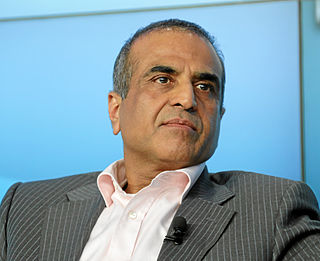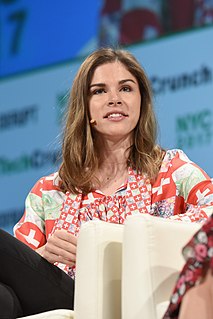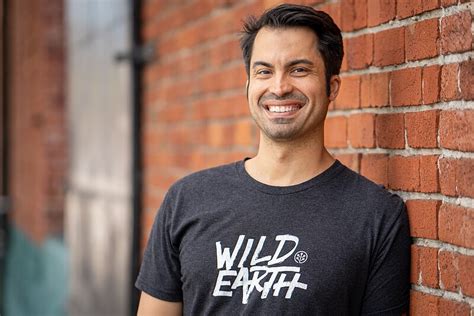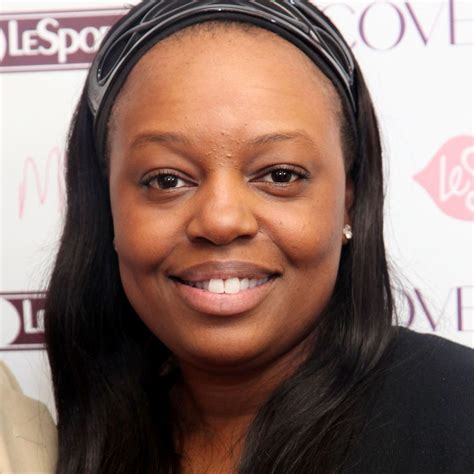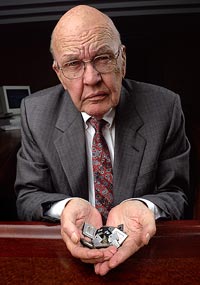A Quote by Martin Cooper
Bell Labs was a fantastic research organization but having them create and market new products for the world was terrible. They were not good marketers and yet it was AT&T engineers who were deciding what the products of the future were.
Related Quotes
There were the days when women were under contract, and they were thought of as a commodity, so they hired the best writers and a lot of them were women at the time. This was in the thirties and forties, to make product for the people who were under contract, who were their assets to the studios. But that doesn't exist anymore - and as a result, the people who are in the industry write products that interest them.
Shifting Philip Morris to the new a non-risk products doesn't mean that I will give market share to my competitors free of charge. In the markets where we are not present with IQOS yet or the other reduced-risk products, you still need to defend your share of the market. They still represent the bulk of our income, and so far they have financed the billions of dollars we have put behind these new products. But once we go national in a market, and absent capacity constraints, then you shift your resources and your focus to these new products.
The securitisation of mortgages added a new dimension of systemic risk. Financial engineers claimed they were reducing risks through geographic diversification: in fact they were increasing them by creating an agency problem. The agents were more interested in maximising fee income than in protecting the interests of bondholders. That is the verity that was ignored by regulators and market participants alike.
My children came out as individuals in their own right. They were not my products. They had their own characters and were very strong-minded. I gave them a lot of freedom when they were still very young. The one thing they got from me is morals. They would never betray anyone. They are really good people.



